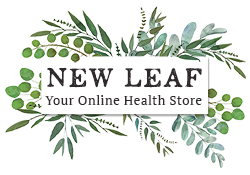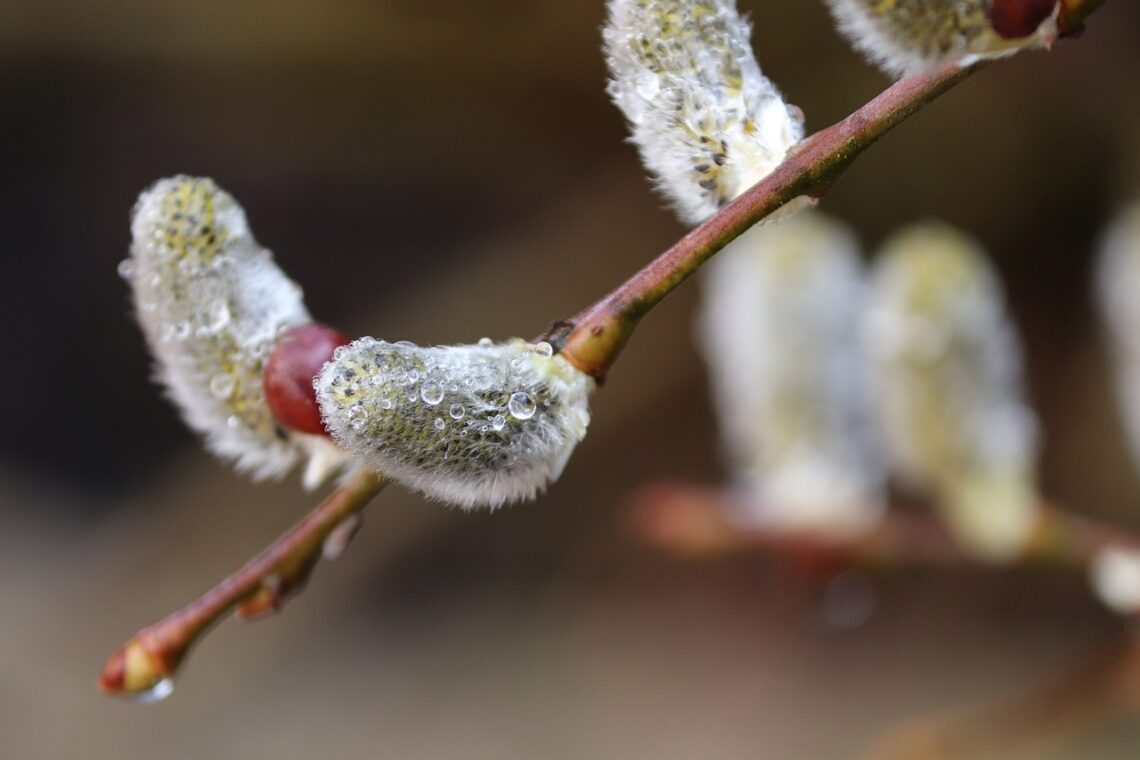As the sun comes out many people have to stay in because they suffer from hay fever. Hay fever, also called seasonal allergic rhinitis, is an allergic reaction to pollen from trees, grass and weeds. Some people are allergic to just one type of pollen, while others suffer symptoms caused by all three.The most common symptoms are sneezing, coughing and itchy eyes. Now, in late May, we are in the season for both tree pollen and grass pollen.
There is no cure for hay fever, but there are ways to reduce the symptoms.
Staying indoors when the pollen count is high will help. If you need to go outside, invest in some wraparound sunglasses to help keep pollen out of your eyes. You can also use a barrier balm like Haymax around your nostrils to prevent pollen entering your nose.
Take a trip out to the seaside and enjoy the refreshing pollen free sea breeze.
The A. Vogel Pollinosan range includes Pollinosan Tablets, Pollinosan Nasal Spray to help clear and soothe the nose and Pollinosan Hayfever Eye Drops to offer relief for red and itchy eyes and protection against pollen.
Vitamin C is important to combat hay fever. Vitamin C acts differently from conventional antihistamine medications as it reduces the amount of histamine you produce rather than blocking histamine receptors.
Elderberries can help too, they contain natural antioxidants and are a natural source of vitamin C. Elderflowers have traditionally been used by herbalists to support the lining of the nose and throat, helping to reduce sneezing.
Several studies indicate that Quercetin can have anti-allergic and antihistamine properties. Food sources include green vegetables, berries, beans and apples, but the amounts present and its bioavailability can vary. There are supplements available to boost your intake, these include Terra Nova Quercetin and Nettle capsules and new Somega Liposomal Quercetin.
Beta-glucan has also been found to help with allergies. In one study, supplementation with Beta Glucans for just 4 weeks “improved allergy symptoms, overall physical health, and emotional well-being” in self-described “moderate” hay fever sufferers during allergy season. Beta Glucan is found naturally in oats and barley, mushrooms, algae, and yeast, but we have several great supplements that you can use to be sure you are getting sufficient.

